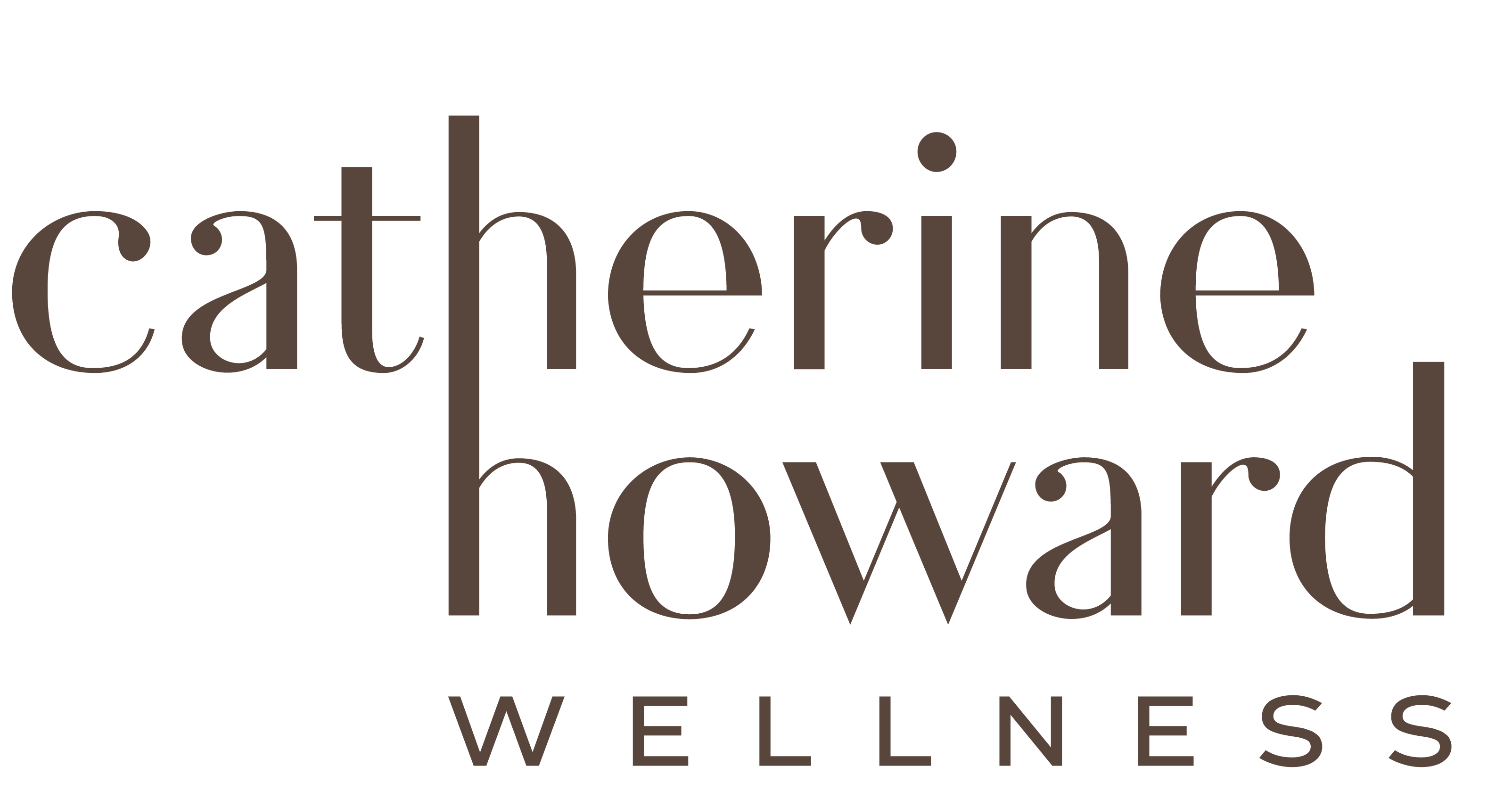Every day I meet with clients who tell me things like:
“My doctor told me I should do [insert any diet name].”
“I need to lose weight so I can be healthier.”
“I’ll be more confident if I lose weight.”
I generally encourage people to focus less on weight so they can learn what they need from their lifestyle and develop habits that are supportive of meeting those needs. And I understand that can be hard to understand for many people- as a dietitian my job is to provide information and guidance related to nutrition and many people interpret that to mean I find ways for people to lose weight. Instead, I focus on helping clients break free from restrictive patterns of eating by living a healthy lifestyle that’s aligned with their values.
When I was studying nutrition and when I started working as a dietitian, I thought I was going to be helping people by supporting them on their weight loss journey. I’ve learned so much about why that status quo approach not only isn’t effective, it’s also harmful. It perpetuates a narrative that there’s something virtuous and healthy about pursuing a smaller body while also positioning larger bodies as undesirable and unhealthy. And the ripple effect of this involves an incredible amount of misinformation and reinforcement of unhelpful practices that are potentially dangerous, for example:
- Utilizing diet and exercise as weight management tools rather than a health-promoting lifestyle factors.
- Encouraging disordered eating behaviors
- Marketing messages which glorify or demonize certain foods or eating patterns
Ditching the diet cycle and living a healthy lifestyle that’s aligned with your values
These counterproductive approaches are so imbedded in our cultural norms that it can be difficult to even question them, but that’s exactly what I encourage my clients to do. By reframing their goals and engaging in habits that are supportive of living life they way they want to, they’re able to develop a more empowered and long-lasting approach to making decisions about food, activity, and other lifestyle factors.
Examples of reframing health goals in a helpful way
When my client says, “I need to lose weight to be healthy,” I ask them to imagine their future and consider,
- What do you want to be doing?
- How do you want to be spending your time?
- How does your current health interfere with doing those things?
- What would it be like to focus on developing the habits that support doing those things rather than focusing on changing your weight?
This might steer our conversation so we talk more about how the client can develop routines for eating and exercise that support having more energy, playing with their kids without being short of breath, or going on vacation and being able to enjoy it in the way that they want.
When they say “I ate this and it wasn’t healthy,” I get curious about what that means to them and I ask,
- Everyone has a slightly different definition of what ‘healthy’ means. What does that mean to you?
- Are you allergic to that food?
- Is it hard for you to digest?
- Was it expired?
- If you answered no to all of those, it sounds like that food can be part of a healthy diet for you.
This conversation might leads us to talk more about this client’s beliefs that they shouldn’t be eating some of the foods that they like, which leads to cycles of not eating those foods followed by feeling out of control when eating those foods or feeling guilt and shame when they inevitably choose that food again.
We might also focus on ways they have tried to “make up for” what they ate in the form of tighter eating restrictions or physical activity or a combination of the two- ironically these strategies tend to reinforce the unhelpful pendulum swing from diet restriction to out of control eating, thus continuing the cycle and making it more difficult to develop a peaceful relationship with food and body.
Ultimately in a situation like this, we talk more about nutrition and their considering their usual pattern of eating as a starting point for potentially making changes according to what they want to accomplish. If they want to increase fiber intake, for example, we might talk about how they can add fruit or vegetables or whole grains to their current meals and snacks. If they want to decrease sugar intake, we’ll talk about the patterns in their diet that contribute to sugar consumption and where they want to focus on making changes like decreasing how frequently they choose high sugar options.
This reframing of goals allows the client to learn about their habits and decision-making processes, then experiment with making changes that are supportive of doing the things they want to be doing by living a healthy lifestyle that’s aligned with their values. By focusing on this process rather than changing weight or appearance, my clients develop knowledge, skills and abilities related to making meaningful changes to their habits, and when that connects to their health and wellness they also develop an empowered approach to taking care of themselves.
READY TO GET STARTED?
Book A Free Discovery Call
Are you ready to stress less while you make progress toward your health goals with evidence-based strategies and support from a coach? Book a discovery call today and let’s see if we’re a match to work together.







0 Comments